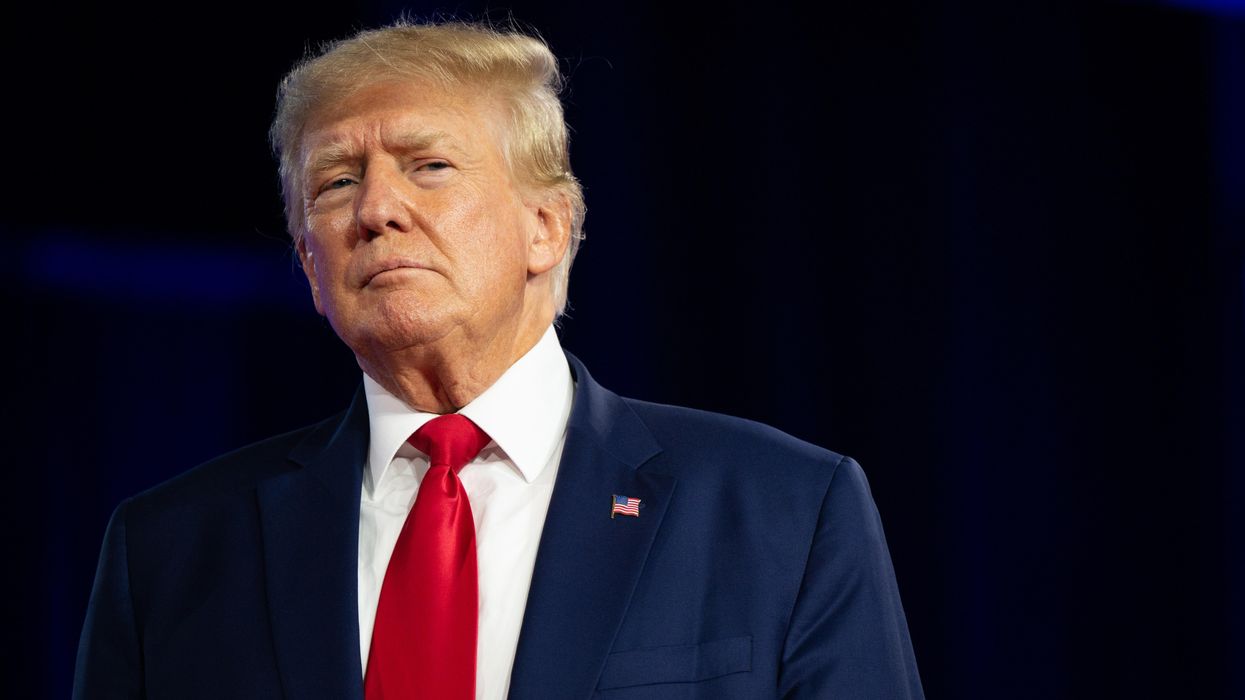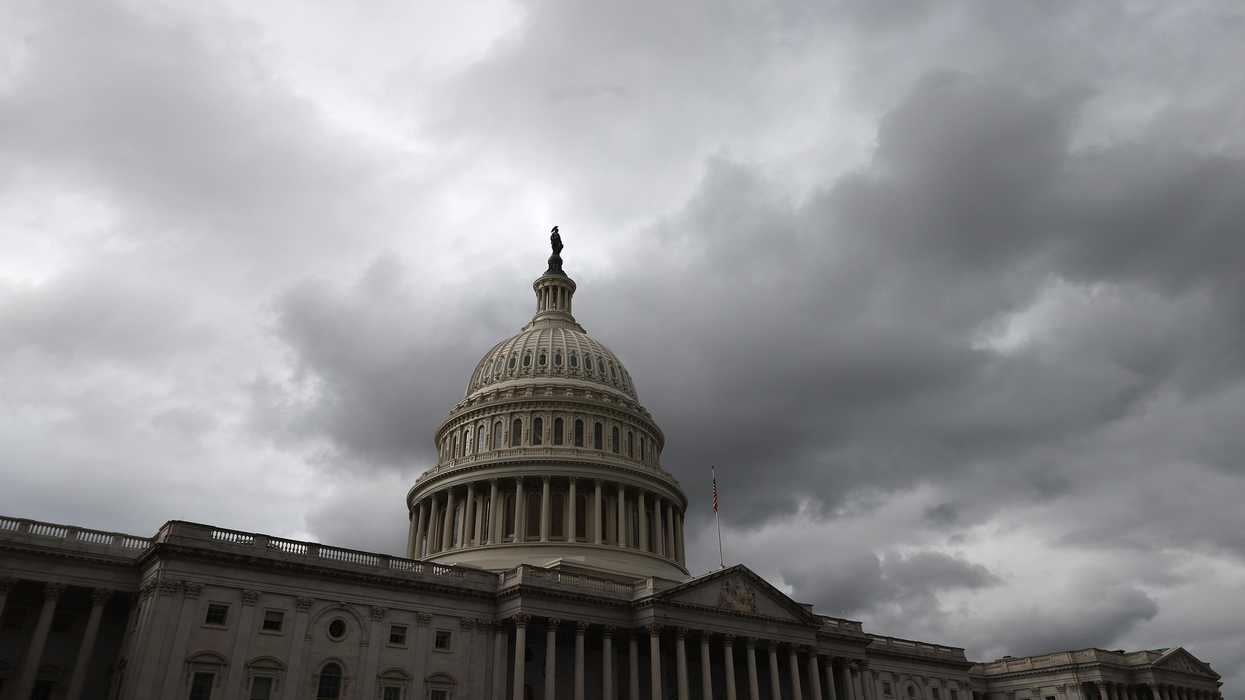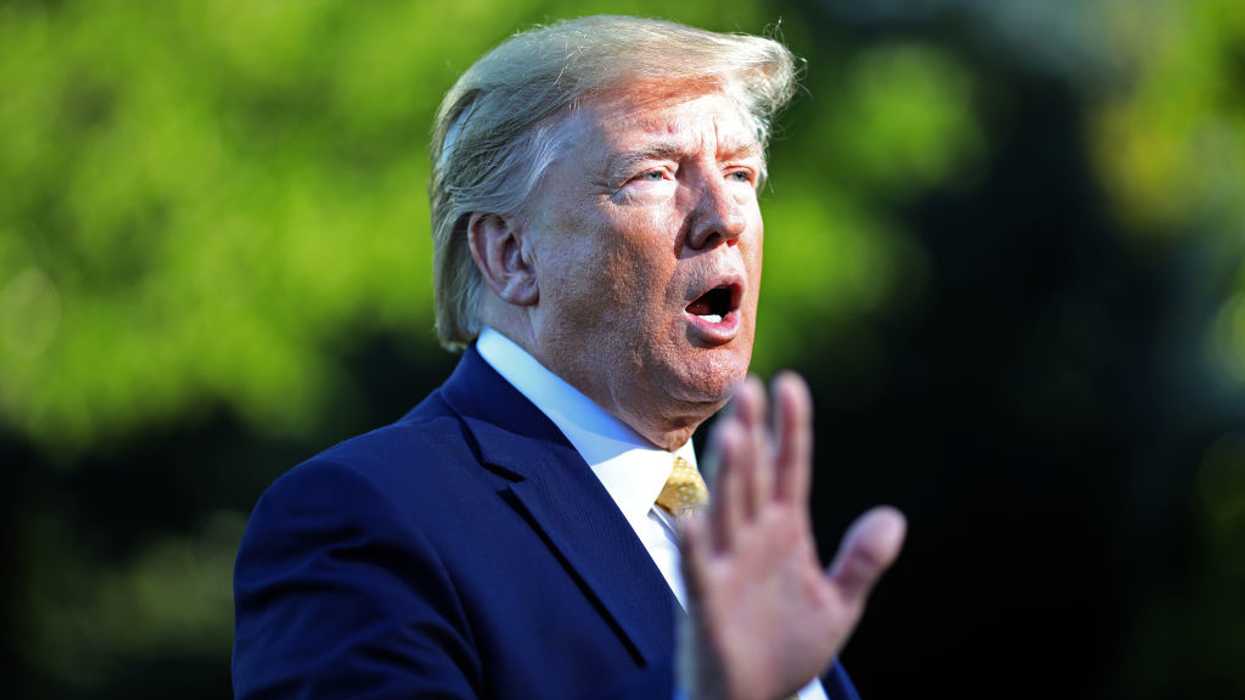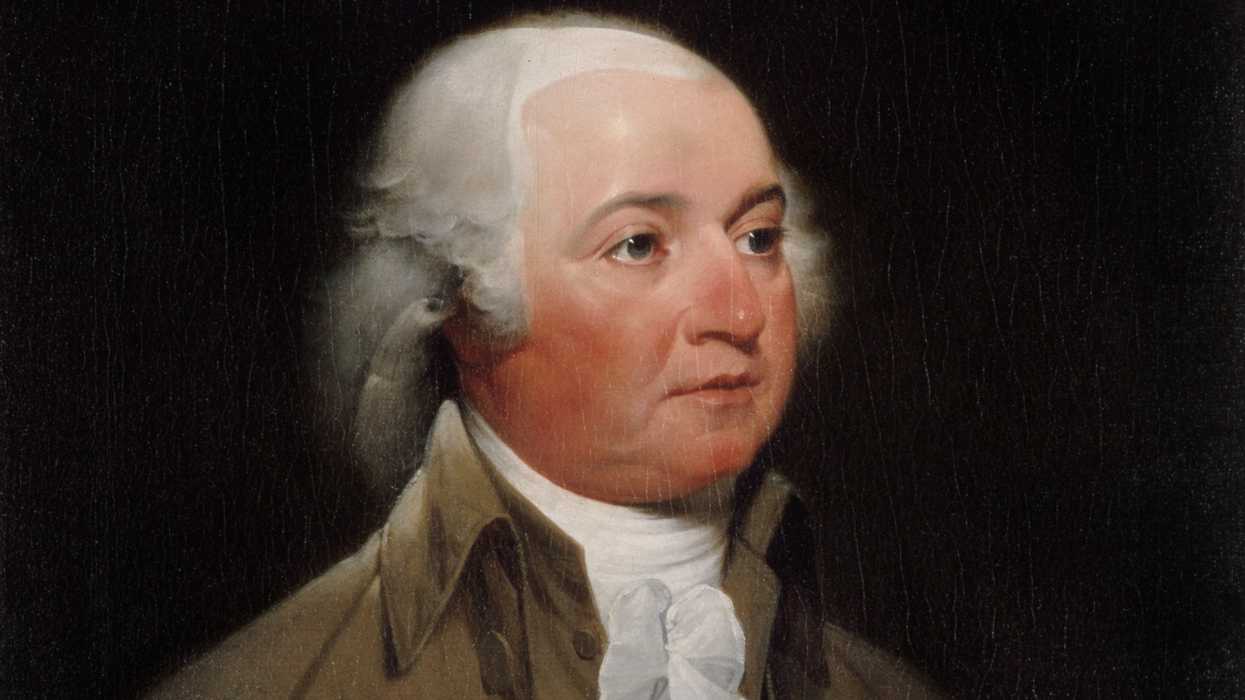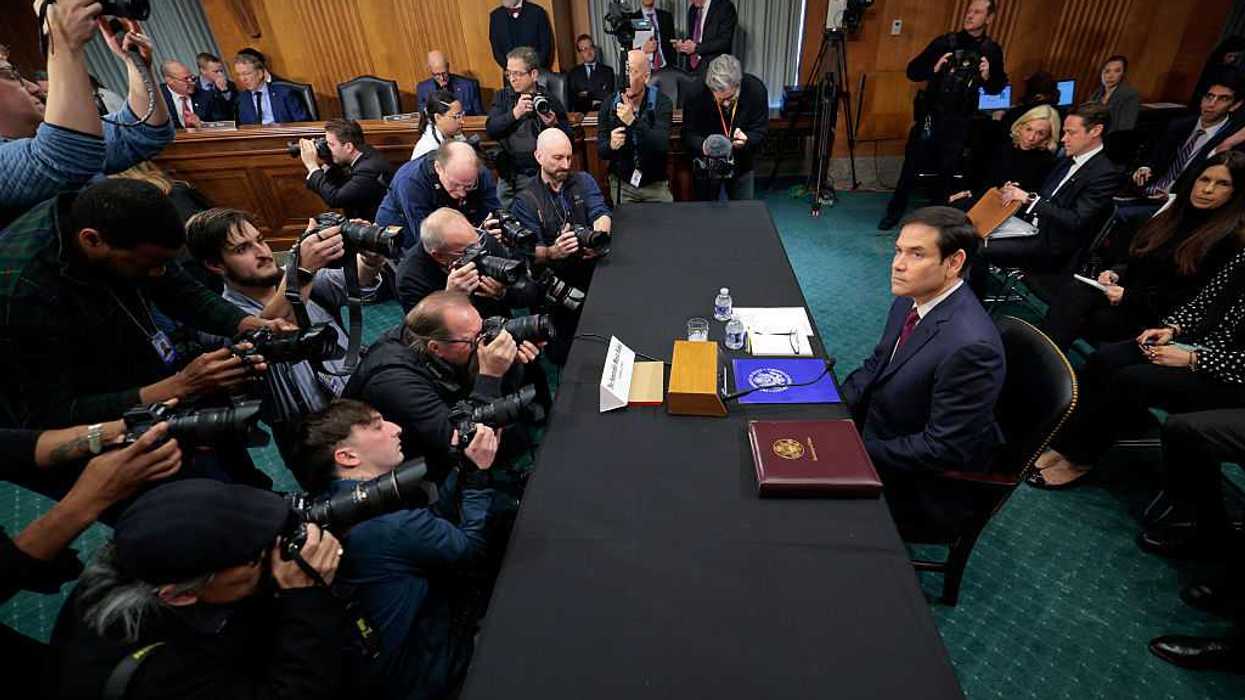Peggy Noonan has been a voice of conservative reflection for The Wall Street Journal since leaving the Ronald Reagan administration as his primary speechwriter. Five of Noonan’s books have been New York Times bestsellers. Consuming every word of her weekly column keeps me politically balanced.
In her June 14-15 column titled “America is losing sight of its political culture,” she referred to and elaborated on our 47th president being America’s Mr. Tinpot Dictator. This phrase, often used to describe a leader who acts like a dictator, with delusions of grandeur and authoritarian tendencies, struck a chord. Following the title about Mr. Trump, I pursued investigative research on the topic.
A Historical Lens on Authoritarianism
My research led me to study Jeane Kirkpatrick, who played a major role in the foreign policy arm of the Ronald Reagan administration. She was an ardent anti-communist and became the first female to serve as US Ambassador to the United Nations. In Kirkpatrick’s 1982 book, “Dictatorship and Double Standards,” she described two kinds of dictatorships: traditional autocracies (Russia, China, Saudi Arabia, North Korea, and the United Arab Emirates) and tinpot dictatorships (Nicaragua, the Philippines, Syria, and Panama).
Kirkpatrick argued that dictators remain in power by using the tools of repression, domination, and fear. In a Perplexity AI research-based search, 15 documented examples of Donald Trump exhibiting behaviors commonly associated with a tinpot dictator were revealed. The examples – noted below -- are referenced by nine different sources and align with patterns seen in authoritarian regimes, where leaders undermine democratic institutions, target minorities, silence dissent, and concentrate power to the point where they feel and act like a king.
A Democracy in Decline
Since January 20, Americans have witnessed a disturbing pattern:
- Disregard for court orders
- Attacks on the press
- Suppression of protests
- Expansion of executive power
- Demonization of political opponents
- Undermining of elections
- Weaponization of law enforcement
- Dehumanization of minorities
- Termination of asylum protections
- Mass deportations
- Erosion of the rule of law
- Marginalization of LGBTQ+ and racial communities
- Spread of disinformation
- Invocation of emergency powers
- Threats against political adversaries
- Promotion of fear and division
In just 160 days of Trump’s 2.0 administration, Trump’s actions have closely mirrored classic authoritarian tactics such as labeling media as “enemies of the people,” downgrading valid research-based polls that show America’s disapproval of him and his cabinet members’ actions, quashing states’ rights, using force against protestors by calling in the military to quell his definition of civil unrest, undermining Congressional and judicial institutional checks, demeaning people. Even members of his own party who dissent are publicly demeaned
A Dictator’s Stunt
Thom Hartman, columnist for the independent news outlet Common Dreams, noted in his June 23 op-ed regarding Trump’s decision to bomb Iran, “By defying the law – the Constitution, the War Powers Act, and the AUMF (Authorization to Use Military Force) – and simply bombing Iran without any consultation whatsoever, he’s also pulling a dictator stunt … .”
Constitutional scholars concur that, as a minimum, Trump should have consulted the bipartisan congressional Gang of Eight that U.S. law (50 U.S.C. 3093) requires before he bombed Iran. Trump’s self-presentation, non-consultation, and unlawful action on June 22 were a model authoritarian narrative where one person tries to demonstrate that he alone is the king. Trump’s actions against Iran opened up a Pandora's box for 340 million Americans plus our allies, and no one, not even the tinpot dictator, knows what consequences this may lead to.
Knowing that fair-minded Americans have witnessed the earlier cited 15 actions by their president in only 160 days and realize they’ve 1,300 more days before Trump 2.0 ends, there are several pillars that are at risk for Americans. They include:
- the rule of law
- judicial independence
- free press
- freedom of expression
- civil rights
- anti-discrimination protection
- environmental protection
- scientific research integrity
- multilateral alliances
- international cooperation
- domestic and international human rights
- migration and refugee protection
- whistleblower protection
- public health safeguards
- economic stability
- minority and vulnerable community protection
- Congressional, legislative, and executive checks and balances
With Trump 2.0, Americans sure have a lot on our plates, don’t we? And behold, look at the calendar. Friday, July 4, kicked off the year-long celebration of America’s 250th birthday, which formally occurs on July 4, 2026. Never forget that in 1776, the Declaration of Independence proclaimed that American citizens were no longer subject to or subordinate to a dictatorial king.
A Call to Conscience:
Fellow citizens: What are you going to do between now and July 4, 2026, to protect and preserve our independence from a tinpot dictator?
So, fellow citizens, I ask you:
- Bow down to authoritarianism and normalize anti-democratic behavior.
- Reflect on the challenges facing the nation and become an advocate for policies that align with liberty, freedom, sovereignty, democracy, and the principles enshrined in the U.S. Constitution.
This is your America. The choice is yours.
Steve Corbin is Professor Emeritus of Marketing, University of Northern Iowa, and a non-paid freelance opinion editor and guest columnist contributor to 246 news agencies and 48 social media platforms in 45 states.





